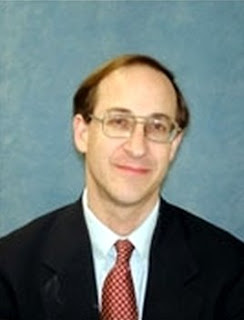Future electronics and optoelectronics will be based on carbon nanostructures. Avouris and Heinz's studies of the electronic properties of nanotubes and graphene aim at developing a future nanoelectronic technology with devices that will be vastly more compact, fast and energy efficient than the current silicon-based devices. The optoelectronic studies aim at uniting and integrating this electronic technology with an optical technology based on the same materials. Their research will aid in the development of future high-speed electronics, communications systems, and sensors for diverse applications. Industries ranging from automobile, aviation, space and energy conversion/conservation to bionanotechnology and medicine are likely to benefit from their research.
The Julius Springer Prize for Applied Physics recognizes researchers who have made an outstanding and innovative contribution to the fields of applied physics. It has been awarded annually since 1998 by the Editors-in-Chief of the Springer journals Applied Physics A – Materials Science & Processing and Applied Physics B – Lasers and Optics. ###
Springer (www.springer.com) is the second-largest publisher of journals in the science, technology, and medicine (STM) sector and the largest publisher of STM books. Springer is part of Springer Science+Business Media, one of the world's leading suppliers of scientific and specialist literature.
Press contact: Joan Robinson, tel +49-6221-487-8130, joan.robinson@springer.com Background information: David Packer, david.packer@springer.com
The award was presented to Phaedon Avouris and Tony Heinz on 27 September 2008 at Harvard University, Boylston Hall, Fong Auditorium, during the Julius Springer Forum on Applied Physics.
Contact: Joan Robinson joan.robinson@springer.com 49-622-148-78130 Springer
Tags: Nano or Nanotechnology and Nanotech
















No comments:
Post a Comment